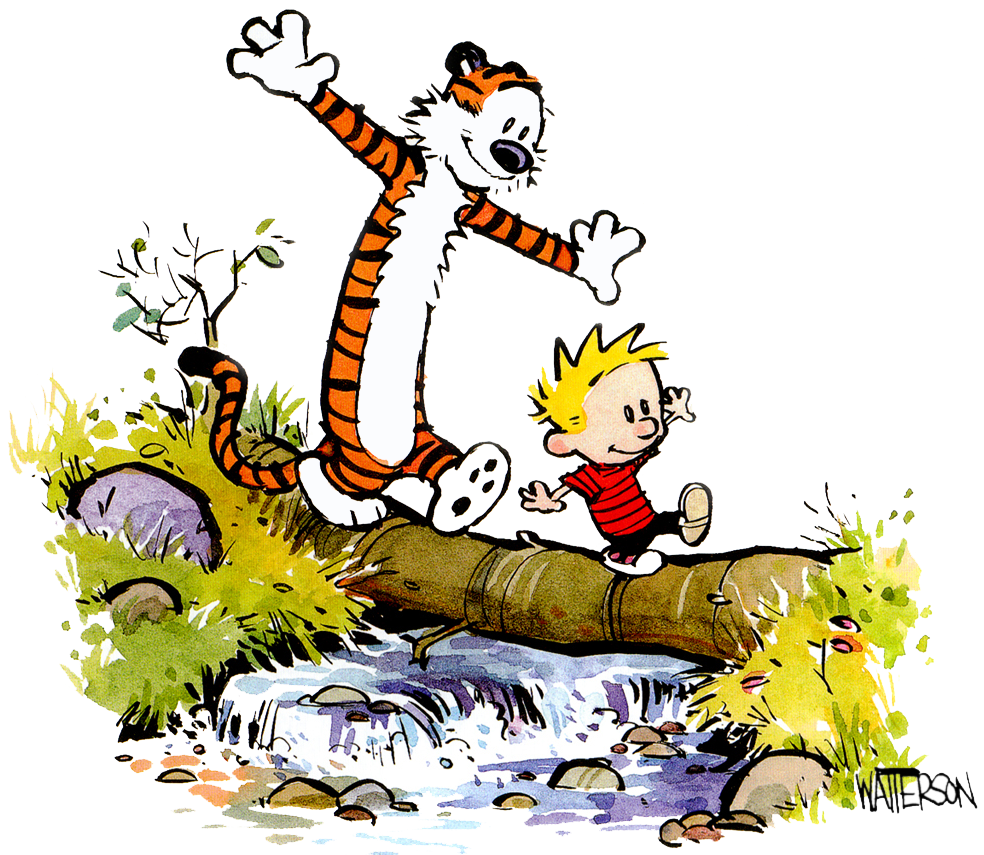Lucas Simpson
Fracturing Reality
Aug. 8, 2019, 4:03 a.m.
I think that increasingly people are rejecting the reality that they are in, and that they’re choosing the reality that suits them the most.
Waaay back in the day we lived in caves, believed in Gods, and had very little information about just what the hell was going on. There wasn’t a whole lot to understand, mostly because there wasn’t a whole lot we could understand.
Time went on, technology (mostly) made people's lives better so we started investing in it more. We got Enlightened, God died, we got really full of ourselves for a bit there and nearly covered the world in toxic radiation, and now here we all are, more informed than ever. And what did we learn from all that?
That the world is really fucking complicated.
There’s just a physical limit on what we can know. We can’t predict the weather 6 days in advance, let alone decide on a good fiscal policy that will affect hundreds of millions of people. Minimum wage has been drastically increased in at least two governing jurisdictions that I know of, and even with those experiments in the past, we’re still not sure if it was a good idea or not.
Systems Chaos theory tells us that some systems are just too complicated to possibly predict. Quantum Physics tells us that the underlying physics is inherently random. Philosophy tells us Truth is turtles all the way down, moral is relative, and the world is intrinsically meaningless.
In many ways, I feel nothing much has changed. Before we found ourselves in a confusing world, with no idea how it all worked, wondering if we’ll ever figure it all out. Now, we know we can’t.
What do people do when they don’t know what to know? Well, if anything can find a linear relationship in literal pure noise, it’s humans. Turns out, that’s pretty much our defining feature. We made up a bunch of Gods to explain things, decided that was BS and there’s only one God, except there’s a bunch of different groups who can’t agree on who The One God is, so we argued about that a little bit. We made a bunch of art to express our feelings about it all, then enshrined it, then destroyed it. We wrote a couple of good books, told a couple of great stories. Above all, we dreamed about what could have been.
We escaped.
We have a colloquial concept of reality; that being everything that everyone experiences together and agrees on what transpired. Going to lunch is reality, dreaming about pizza isn’t. Sailing across the ocean is real, a fiction novel about someone else doing it isn’t. Reading a book about Christopher Columbus, however, is real, provided it’s an accurate source. Hallucinating a shapeless mass while on LSD isn’t real, but if a whole isolated village hallucinates a giant sea monster, then that is.
Differentiating between what’s “real” and what’s “fake” is pretty useful, and people hold very tightly to the distinction. The Truth is praised above all else. Court systems are literally built around figuring out what really happened (even if “deciding” might be a better term to use). Lying is a sin, honesty is a virtue. “I solemnly affirm that the evidence to be given by me shall be the truth, the whole truth and nothing but the truth” is a daily uttered phrase.
Telling the truth from the lies has always been difficult. The story about dragons Grandpa told me obviously isn’t real. The video game where I blast off into space isn’t real. That book I read was from the fiction section, so that’s not real.
Again, super good distinction to have. It’s pretty hard to do anything when you can’t be sure of anything. Honesty is the basis of trust, and trust makes the world go ‘round (according to game theory, anyway).
The problem is that it’s getting harder. Go to the movies and you don’t know what’s CGI and what’s just really good special effects. See any image anywhere, you can’t tell if it was photoshopped or not. Online reviews might not be genuine because they were paid for. That person who replied to you on Twitter might just be a bot. Even the memes you see might actually just be Russian propaganda. Don’t even get me started on DeepFakes.
Classic resources of trust aren’t safe anymore either. Turn on the news, and you aren’t sure if any of the facts are correct. Scientists fail to replicate previous experiments, different teams will get different results testing the same thing, and different individuals will even look at the same graph and pull opposite conclusions.
The task of figuring out the Truth went from simply difficult to literally impossible (if you have a solution, please let the blockchain folks know, they’ve got a 100 TWh/year problem you could fix). We now live in a world where Truth really is relative, and we’ve got the quantum physics and cryptography to prove it.
People get different answers to this question all the time. The term “shared reality” is a lot better in this context than just saying “reality”. God is very real, at least to some people. Global warming is real, at least to most people. Your nightmare that you awoke from, panting and sweating, definitely felt real, at least to you. People have always accepted that reality is different between groups of people. What’s changing now is that reality can be increasingly different between individuals.
For all the importance that people place on Truth, it doesn’t stop them from escaping. With all this new technology, it’s easier and more immersive now than it ever has been. People crave it. Every successive media format is increasingly easier to get lost in. Books take a few chapters to set the setting, the characters, and make them feel real. Sitcoms do it in the first five minutes.
People have always lived in this state of unconscious ambivalence, where they’ll exhaustively deny the reality of their experiences in some places, and gladly accept lies in others. Their own dreams aren’t real, but they’ll readily identify with their favorite comic book hero.
There’s a gray area, an area where what’s real and what isn’t is a blend. If you don’t know whether a memory was just a dream or real, then what’s the difference? This area has always been there. Now though, it’s growing, and it’s growing fast. Boobs and noses are fake, products in ads are fake, friends are fake. CGI is used in basically every film, with some films being made entirely out of it. Smartphone cameras now automatically edit your pictures and videos as you take them.
People, largely, love it.
It used to be you grew up in a small town, and that was all you ever knew. Didn’t like it? Sucks to suck. Nowadays people live in large generic cities, and spend most of their time within some sort of online community, or a mixture of multiple. Each community comes with its own view of the world, ideals, memes, and language. Each community comes with its own Reality. There’s so many of these online “reality bubbles” that a whole family can live under the same roof but lead completely different lives. The beauty is that you are free to choose whichever you like.
First we had oral tradition. Then we had books. We’ve moved through radio, televisions of increasingly higher resolutions, and then we connected it all with internet. Each, more immersive than the last. Virtual reality is coming, and along with it augmented reality. It comes as no surprise whatsoever that augmented reality is expected to be a far larger business; virtual reality is easily identified as fake, whereas augmented reality blurs the lines.
Science asked “But what’s really real?”, and the people answered: “Whichever one I like more.”




